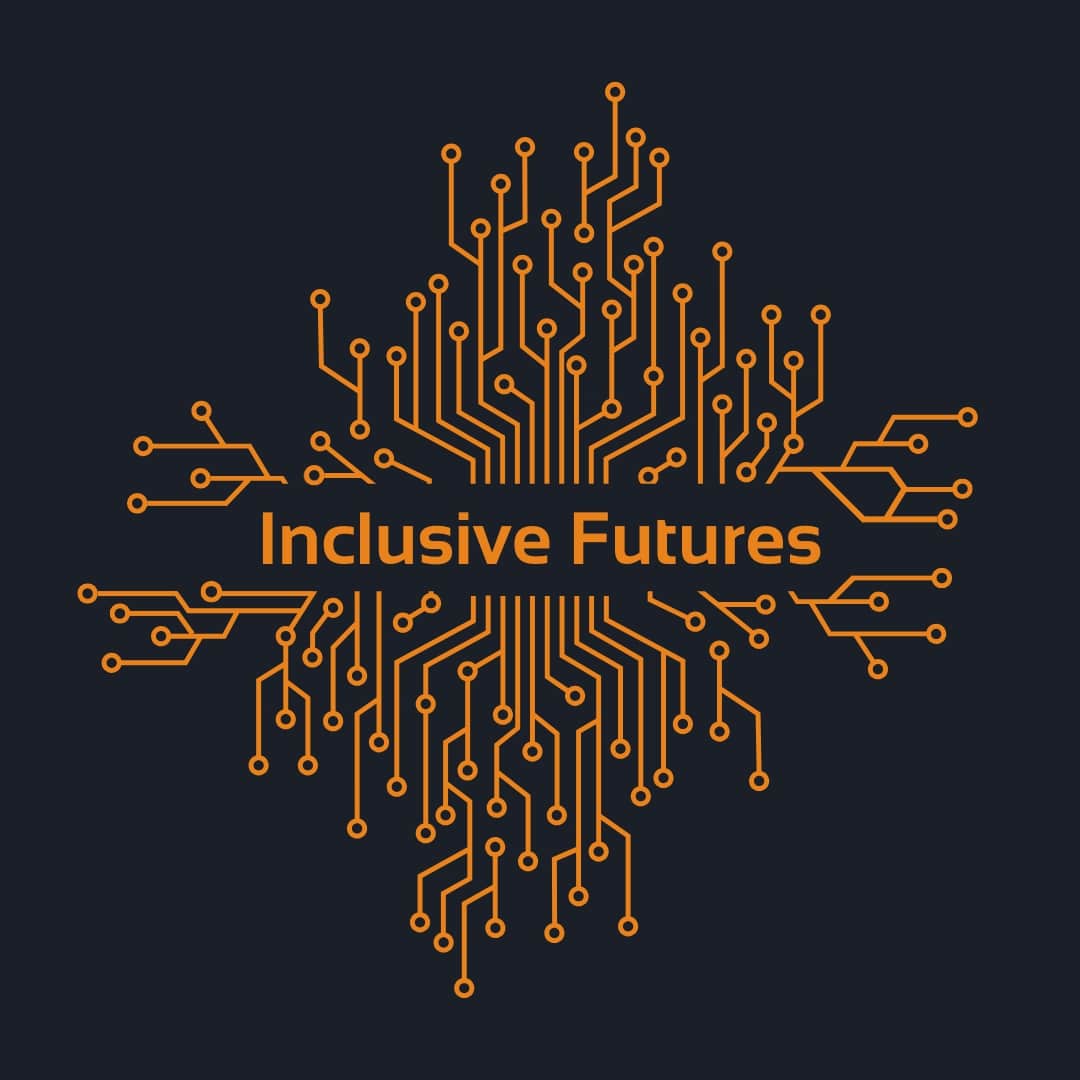Inclusive Futures? Radical Ethics & Transformative Justice for Responsible AI
Inclusive Futures is part of the Bridging Responsible AI Divides (BRAID) Fellowship. The project troubles AI and challenges dominant narratives of “responsible AI” by centring the voices and knowledges of those excluded from its development. It inquires into what responsibility looks like when explored through the lived experiences of minoritized groups.
Read more…
Current debates about AI innovation and safety are dominated by corporations and elite organisations that profit from the systems they develop and claim to regulate. Inclusive Futures pushes back against this techno-capitalist landscape and seeks to unsettle the assumptions driving technological progress. It explores the possibility of an ethics grounded in solidarity and justice, where technology is accountable to the communities it affects rather than the markets it serves.
Working in partnership with BLAST Fest, a community organisation using art and science to advance social justice, and Diverse AI, a network advocating equity in artificial intelligence, the Fellowship draws on participatory methods for reimagining AI.
Through its Project Pathways — UnConference Dialogues, Critical AI Literacy, and Speculative Practice — Inclusive Futures creates spaces in which groups can interrogate how AI shapes their lives and imagine how it might be otherwise.
The Fellowship project explores three interconnected questions:
- How can the opacity and complexity of AI be opened up to collective understanding?
- What would an inclusive AI look like when guided by radical ethics grounded in the priorities of minoritized groups?
- How can creative and cultural practices help us think beyond existing AI technologies based on extraction, optimization, and control?
Grounded in intersectional and interdisciplinary practice, Inclusive Futures connects critical data studies, speculative design, and abolitionist thought. It rethinks AI not as an inevitable technology but as a contestable sociotechnical assemblage that can be repurposed through collaborative inquiry and creative practice.
The project aims to enhance critical AI literacy and collective imagination, enabling communities to engage with AI on their own terms. It is an invitation to challenge, resist, and refuse – to build futures where technological innovation is inseparable from social justice.
Image Credit: Kiki Shervington-White
